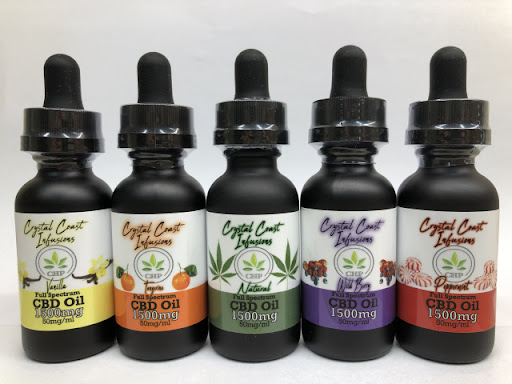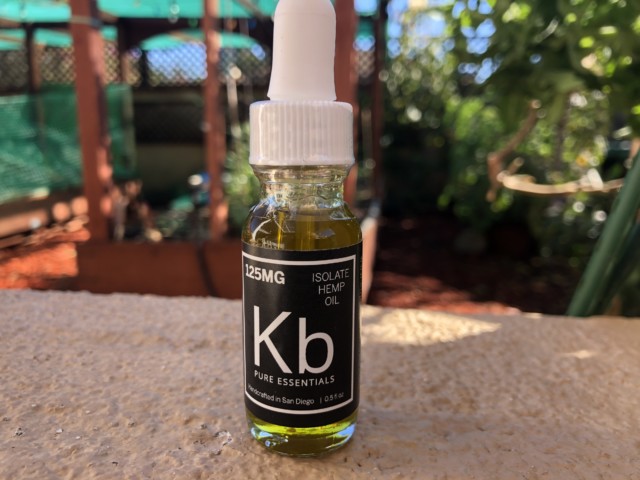In recent years, Cannabidiol (CBD) oil has gained significant attention for its potential health benefits. From managing anxiety to alleviating chronic pain, CBD has become a popular natural remedy. One area where CBD oil shows promise is in supporting the body’s detoxification process after antibiotic use. Antibiotics, while crucial in fighting bacterial infections, can also disrupt the body’s natural balance, leading to unwanted side effects. By promoting balance in the body, CBD oil may offer a holistic way to support detoxification and restore well-being after antibiotics.
Understanding the Impact of Antibiotic Use
Antibiotics have revolutionized modern medicine by saving countless lives from bacterial infections. However, their use is not without drawbacks. While antibiotics target harmful bacteria, they also eliminate beneficial bacteria in the gut. This can disrupt the delicate microbiome, the collection of microorganisms that play a key role in digestion, immune function, and overall health.
The disruption of the gut microbiome can lead to side effects such as digestive discomfort, decreased immune function, and even increased susceptibility to future infections. Additionally, the liver and kidneys, which are responsible for processing and eliminating toxins, may be burdened by the influx of antibiotic compounds. This is where CBD oil may offer support.
CBD and Detoxification: How It Works
CBD is one of the many active compounds found in the hemp plant. Unlike THC, which has psychoactive effects, CBD does not cause a “high.” Instead, CBD interacts with the body’s endocannabinoid system (ECS), a regulatory system responsible for maintaining homeostasis or balance. The ECS influences various physiological processes, including immune response, inflammation, and pain management.
CBD’s interaction with the ECS has been shown to have anti-inflammatory, antioxidant, and neuroprotective properties. These qualities make CBD a promising ally in supporting detoxification and overall recovery after antibiotic use.
1. Reducing Inflammation and Supporting Gut Health
One of the most immediate consequences of antibiotic use is the disruption of the gut microbiome, which can lead to inflammation in the digestive tract. Inflammation is the body’s natural response to infection or injury, but when it becomes chronic, it can lead to various health issues, including digestive disorders and autoimmune conditions.
CBD has been shown to have potent anti-inflammatory properties. Research suggests that CBD can reduce intestinal inflammation, helping to alleviate discomfort and support the healing of the gut lining. By interacting with the ECS, CBD helps regulate immune responses, potentially mitigating the damage caused by antibiotics in the digestive system.
Moreover, studies have shown that CBD may support the growth of beneficial gut bacteria. While more research is needed, early findings suggest that CBD could help restore balance to the microbiome by promoting the growth of healthy bacteria and reducing harmful pathogens. This is crucial after antibiotic use, as a healthy gut microbiome is essential for proper digestion, immune function, and detoxification.
2. Supporting Liver and Kidney Function
The liver and kidneys play a vital role in detoxifying the body by processing and eliminating toxins, including medications like antibiotics. However, the burden placed on these organs by antibiotic use can lead to oxidative stress, which occurs when there is an imbalance between free radicals and antioxidants in the body. Over time, oxidative stress can damage cells and tissues, impairing the function of vital organs.
CBD’s antioxidant properties can help neutralize free radicals and reduce oxidative stress. This is particularly important for the liver and kidneys, as these organs are responsible for metabolizing and excreting toxins. By reducing oxidative damage, CBD may support the efficient functioning of these detoxification pathways.
Additionally, some studies suggest that CBD may have a protective effect on the liver. In one study, CBD was found to reduce liver inflammation and prevent the buildup of fat in the liver, both of which are associated with conditions like non-alcoholic fatty liver disease (NAFLD). While more research is needed to confirm these effects in humans, the findings suggest that CBD could help protect the liver from damage during the detoxification process.
3. Managing Stress and Promoting Restful Sleep
Detoxification is a complex process that requires energy and resources from the body. After antibiotic use, the body may be under stress as it works to restore balance and eliminate toxins. Stress can negatively impact the immune system, digestion, and overall recovery. Managing stress is essential for supporting detoxification and overall well-being.
CBD has been widely recognized for its ability to reduce stress and anxiety. By interacting with the ECS, CBD can help regulate the body’s stress response, promoting a sense of calm and relaxation. This can be particularly beneficial for those recovering from illness or medication use, as chronic stress can impair the body’s ability to detoxify effectively. If you found this article interesting about CBD oil for supporting detoxification, it is very likely you will enjoy further reading at NorthIowaToday.
Additionally, restful sleep is crucial for the detoxification process. The body does much of its repair and detoxification during sleep, making it a critical time for recovery. CBD has been shown to improve sleep quality by reducing anxiety, pain, and inflammation—all factors that can interfere with sleep. By promoting restful sleep, CBD may support the body’s natural detoxification process and speed up recovery after antibiotic use.
4. Promoting Immune Function
The immune system is responsible for protecting the body from harmful pathogens and supporting the healing process. After antibiotic use, the immune system may be weakened, making the body more vulnerable to infections. Additionally, the disruption of the gut microbiome can further impair immune function, as a large portion of the immune system is located in the gut.
CBD has been shown to have immunomodulatory effects, meaning it can help regulate immune responses. By reducing inflammation and supporting the gut microbiome, CBD may help strengthen the immune system and restore balance after antibiotic use. This is particularly important for preventing future infections and supporting overall health.

Incorporating CBD Oil Into a Post-Antibiotic Detox Routine
For those interested in incorporating CBD oil into their detox routine, it’s important to start with a high-quality product. Look for full-spectrum CBD oil, as this contains a range of cannabinoids and terpenes that work together to enhance the effects of CBD. Additionally, ensure that the product is third-party tested for purity and potency.
CBD oil can be taken orally, sublingually (under the tongue), or added to food and beverages. The appropriate dosage will vary depending on factors such as body weight, individual tolerance, and the severity of symptoms. It’s recommended to start with a low dose and gradually increase it as needed.
While CBD is generally well-tolerated, it’s important to consult with a healthcare provider before using CBD, especially if you are taking other medications. CBD can interact with certain medications, including some antibiotics, so it’s essential to ensure that it is safe for your individual circumstances.
Conclusion
The potential benefits of CBD oil for supporting detoxification after antibiotic use are promising. From reducing inflammation and supporting gut health to protecting the liver and promoting restful sleep, CBD offers a holistic approach to recovery. While more research is needed to fully understand its effects, CBD’s natural properties make it a valuable tool for restoring balance and well-being in the body.
For those recovering from antibiotics, incorporating CBD oil into a comprehensive detox routine may help support the body’s natural healing processes, leading to improved health and vitality.




